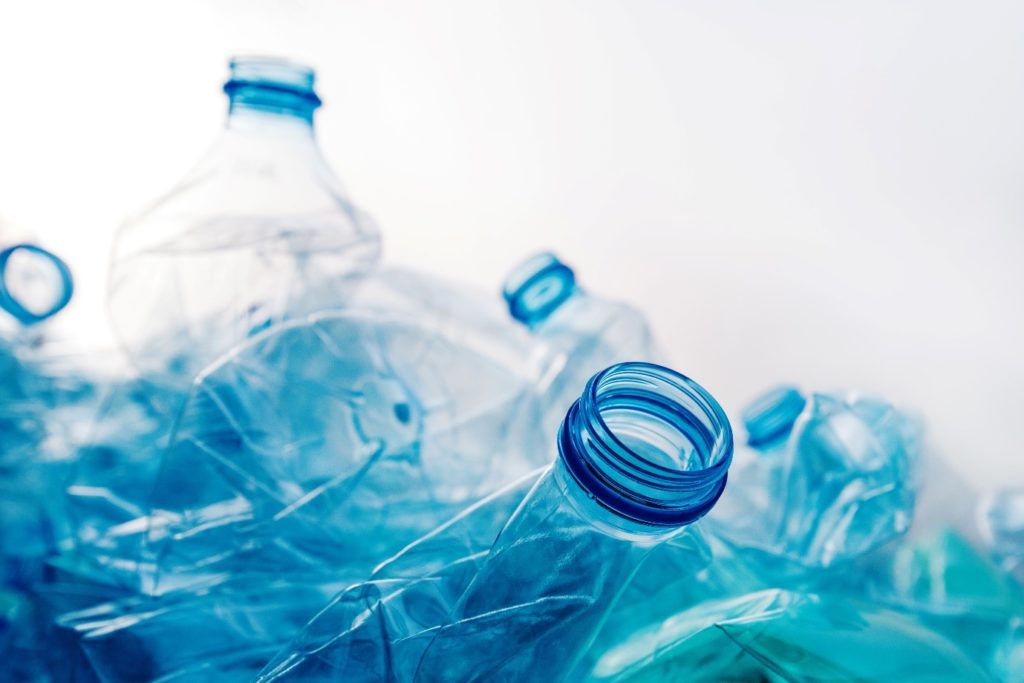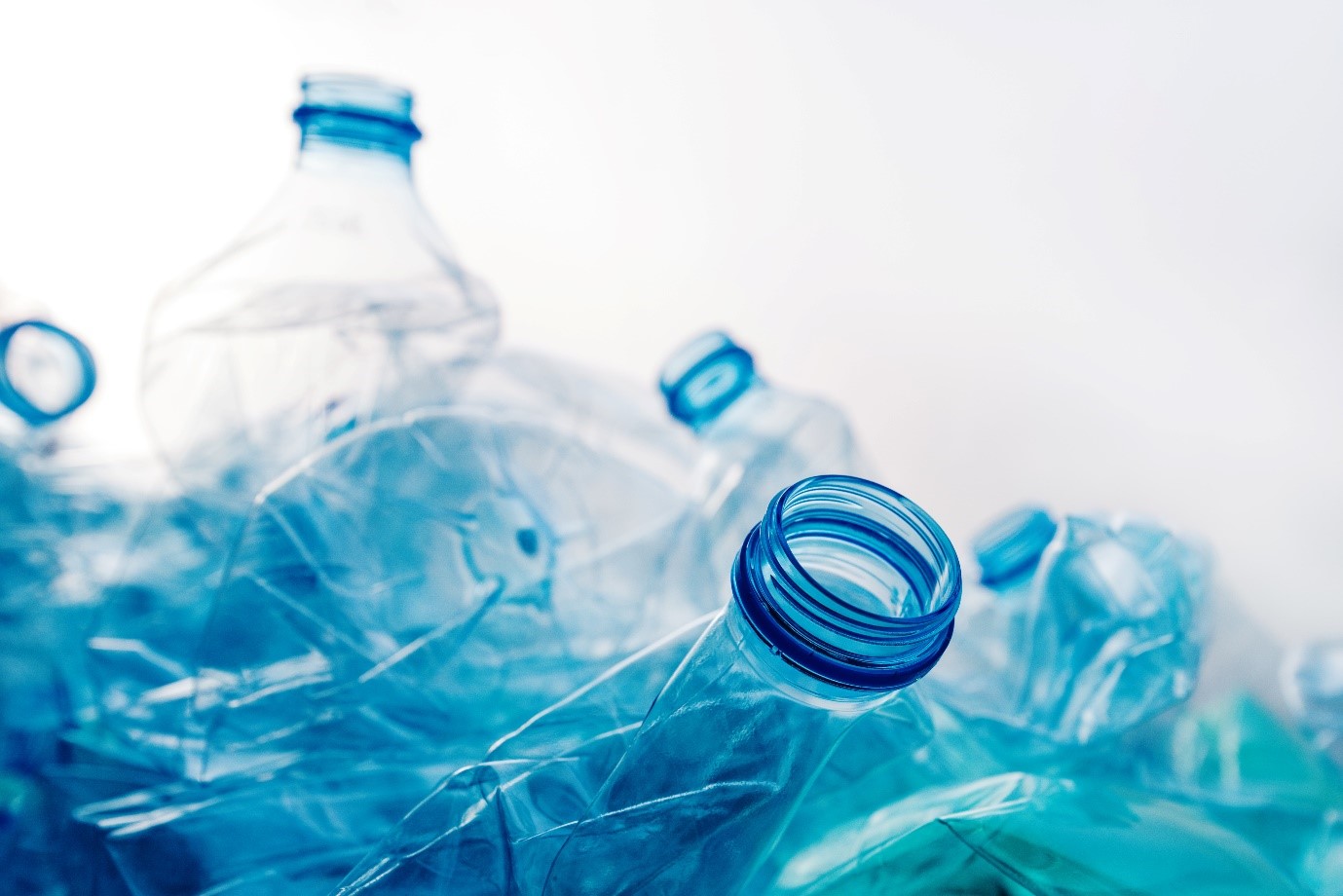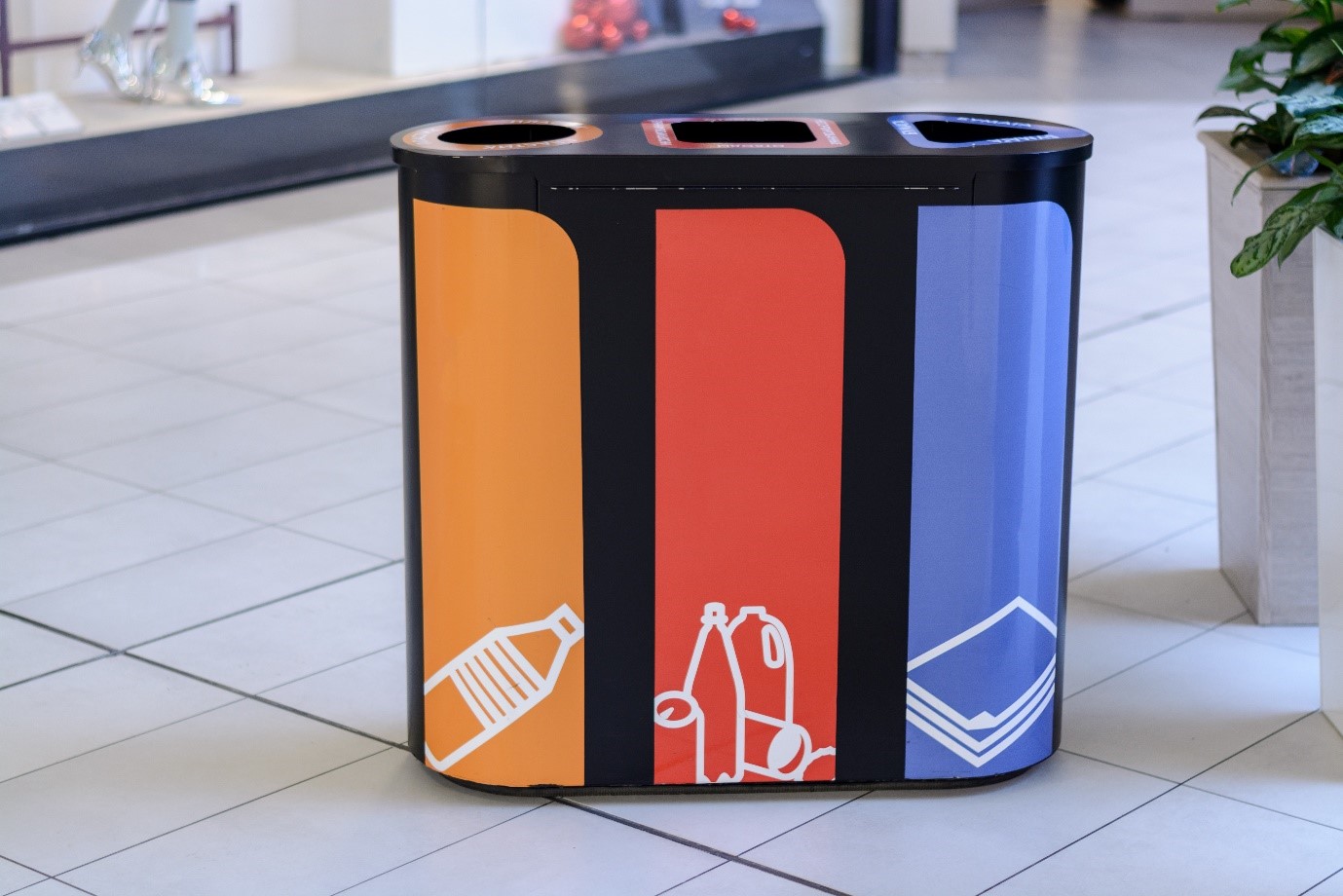Instead of being processed and sold as recycled materials, used in the production of additional plastic bottles, those 5.5 billion bottles have likely become litter or thrown away as general waste – disposed of in landfill, incinerated or exported abroad.
90% of plastic materials leaving Biffa’s recycling facilities go to UK businesses but more could be done overall to invest in Britain’s recycling infrastructure, that’s why Biffa has invested £15 million in a new PET recycling facility in Durham.
Plastic waste from business and household recycling collections will firstly be sorted from other materials, such as paper, metal and glass at one of Biffa’s state of the art Materials Recycling Facilities (MRFs) before being transported Biffa Polymers site for processing
This facility will assist commercial and domestic recycling efforts to help achieve targets set out by the government’s latest Resource and Waste Strategy. It will occupy a 130,000 sq ft vacant warehouse at Foxcover Distribution Park and is capable of recycling more than one billion plastics drinks bottles a year.
Plastic has many benefits when disposed of responsibly
This new facility isn’t Biffa’s first investment in Britain’s plastic recycling infrastructure. In 2008, Biffa Polymers constructed the world’s first commercially available rHDPE food grade production plant for processing milk bottles for reuse.
Biffa’s new plastic facility will be processing a slightly different plastic to milk bottles known as polyethene terephthalate, more commonly referred to as PET. PET is a strong, synthetic substance used to make food packaging including plastic drinks bottles.
The production of single-use plastic bottles has become a concern over the recent years due to its environmental impact when plastic bottles fail to enter the recycling process. However, PET plastic is 100% recyclable and can be used multiple times to make new bottles or new items like clothes, sleeping bags, and construction material.
When plastic bottles are littered or find their way into general waste becoming contaminated, they are often unable to be meet the high standards needed for food packaging and are therefore deposited in landfill or incinerated.
PET plastic has a range of benefits not only for manufacturers but for consumers. Plastic bottles are:
• Lightweight
• Safe
• Convenient
• Cost-effective
• Re-sealable
• Recyclable
• Sustainable
• Distinctive
Plastic recycling advances
Through innovation and new developments, the manufacturing industry is continually improving its environmental impact. In 15 years, PET plastic bottles are now 30% lighter, reducing emissions during transport as well as increasing the amount of recycled plastic used to manufacture new bottles.
In addition to recycling centres and kerbside collection, plastic bottles are also recycled ‘on-the-go’ with an increased number of bins located in public areas such as shopping centres, high streets and parks. 49% of councils offer “on-the-go” recycling bins in public places but many cite cross contamination as a primary reason for not providing public recycling bins. This highlights a need for more prominent information and education for consumers on what can and can’t be recycled.
2,260,000 tonnes of plastics packaging is placed onto the market each year for consumers. In terms of consumer plastic packaging, 594,000 tonnes is estimated to be bottles compared to an estimated 231,000 tonnes of bottles in the non-consumer market (source: Recoup).
Targets and Challenges
The UK government announced the latest Resource and Waste Strategy earlier this year, which includes targets to increase recycling efforts through education and innovation. Goals set out include eliminating avoidable plastic waste over the next 25 years as well as doubling resource productivity, and removing avoidable waste of all kinds by 2050. For the UK to accomplish this, more plastic bottles will need to be collected and recycled, which is why it’s essential to invest in resources for clearer recycling information as well as improved plastic collection services and recycling facilities like the one opening in Durham.
Though these goals can be achieved it’s not going to be without its challenges. The UK government, businesses, local authorities, general public and waste industry, need to ensure that recycling rates continue to grow. By understanding the value of plastic and urging people and businesses to recycle their plastic bottles and not discard them as litter or general waste will help achieve our recycling goals.
Biffa’s latest investment in the UK’s recycling infrastructure will create around 70 new full-time jobs in the Durham area and will be open 24/7. First commissioning trials are scheduled for December and when the facility is in full operation, it will double the company’s recycling capacity for plastic bottles. With a combined effort from the Redcar plastic recycling site and the Seaham site, Biffa will be re-processing over 100,000 tonnes of plastic packaging per year. That’s the equivalent weight of 174 Airbus aeroplanes at full capacity.










Subscribe for free